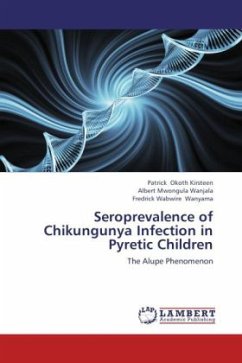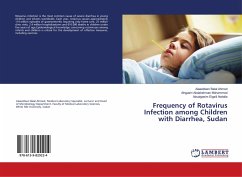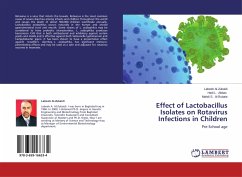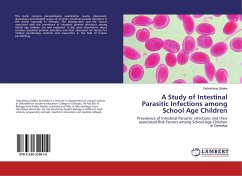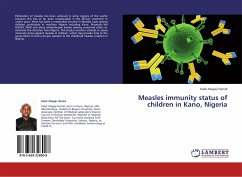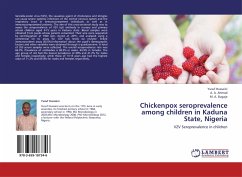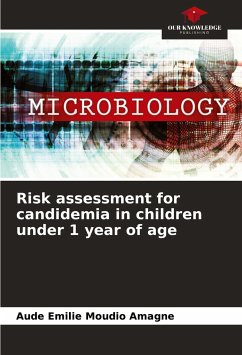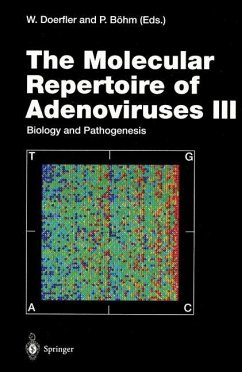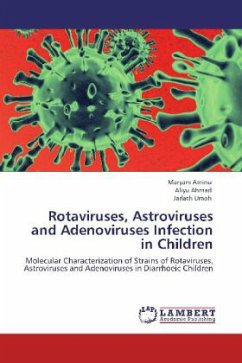
Rotaviruses, Astroviruses and Adenoviruses Infection in Children
Molecular Characterization of Strains of Rotaviruses, Astroviruses and Adenoviruses in Diarrhoeic Children
Versandkostenfrei!
Versandfertig in 6-10 Tagen
52,99 €
inkl. MwSt.

PAYBACK Punkte
26 °P sammeln!
Rotaviral diarrhoea cause 453,000 deaths in children annually and infects all children in the world by the age of five indicating that vaccines offer the best hope of the disease control. Human caliciviruses cause outbreak associated gastroenteritis while astroviruses cause infantile gastroenteritis. New rotavirus vaccines have been developed and introduced in some countries. These vaccines could show reduced effectiveness in countries where novel rotavirus strains are common. The assessment of the efficacy of vaccines require reliable data on disease, hence detailed and continuous worldwide e...
Rotaviral diarrhoea cause 453,000 deaths in children annually and infects all children in the world by the age of five indicating that vaccines offer the best hope of the disease control. Human caliciviruses cause outbreak associated gastroenteritis while astroviruses cause infantile gastroenteritis. New rotavirus vaccines have been developed and introduced in some countries. These vaccines could show reduced effectiveness in countries where novel rotavirus strains are common. The assessment of the efficacy of vaccines require reliable data on disease, hence detailed and continuous worldwide epidemiological and molecular studies are required to identify circulating rotavirus strains. There is lack of data in Africa on the diversity of rotaviruses and the epidemiology of astroviruses and human caliciviruses. This book provides the reader with an in-depth knowledge on the epidemiology of astroviruses, human enteric adenoviruses and rotaviruses in children and suggests a greater diversity of rotavirus strains in Africa. The conclusion drawn from this work will be useful to physicians, nurses, laboratory technologists, health workers and scientists.



